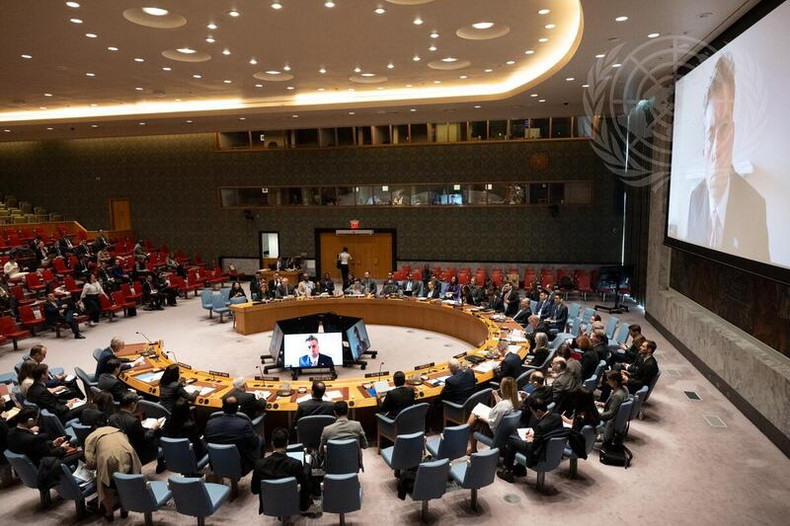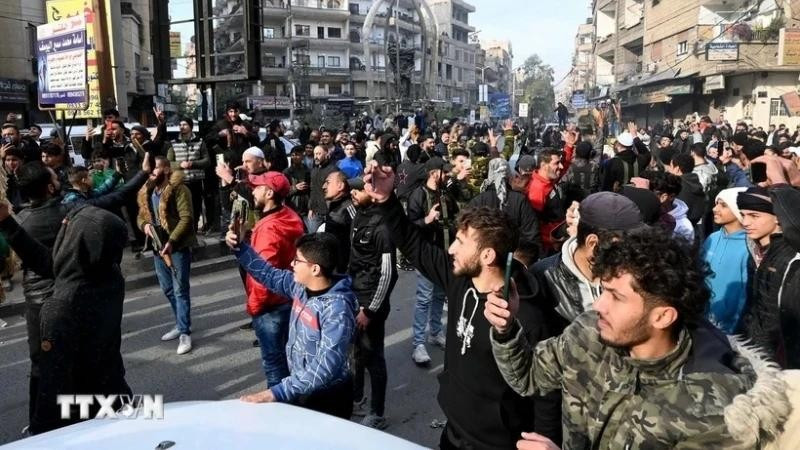Clashes between factions risk pushing Syria into a new cycle of conflict. Approximately 1,300 people have died in recent confrontations between security forces and supporters of the former regime of ex-President Bashar al-Assad in the western coastal region, marking the bloodiest wave of violence in the country since the old regime collapsed last December.
Most casualties belong to the Alawite community, which supports Assad. Although the government announced the end of military operations in the area, the clashes demonstrate the ongoing chaos and division in Syria.
With a country long fragmented due to a 14-year civil war, with deep-seated factional and ethnic conflicts, finding a political solution that can reconcile the interests of all parties in Syria is not an easy task.
Paulo Sergio Pinheiro, Chairman of the Independent International Commission of Inquiry on the Syrian Arab Republic, emphasised that the wave of violence highlights the significant challenges ahead, while affirming that the Syrian people need new commitments to peace, justice, and human rights to break the cycle of violence.
A humanitarian disaster has also occurred in the Middle East, as tens of thousands of Alawites in Syria have fled to Lebanon as refugees. Russia and the US urged an emergency meeting of the UN Security Council to prevent Syria from falling into another civil war.
Three months have passed since the interim government took power in Syria. With a determination to bring Syria into a new historical phase, the interim government has made some progress toward rebuilding the country. Notably, it has successfully organised the Syrian National Dialogue, setting priorities to address urgent political and economic challenges.
 |
| A wide view of the Security Council meeting on the situation in the Middle East (Syria) (Photo: un.org) |
The interim President of Syria also approved a new constitutional declaration laying the legal foundation for a five-year transitional period aimed at rebuilding the country's political and legal system.
The new leaders of Syria have worked to restore relations with Arab countries and achieved the easing of economic sanctions from Europe, an important factor in supporting economic recovery.
However, after initial achievements, the new government in Syria must address long-standing issues. The biggest challenge is the conflict and division between religious and ethnic groups, as well as differences in interests.
Recently, the Syrian Democratic Forces (SDF), led by Kurds, rejected the constitutional declaration issued by the Syrian interim government, citing that it grants too much power to the executive branch and fails to fully protect the rights of diverse communities. The SDF demands revisions to the constitutional declaration to distribute power more evenly.
Syria also faces external challenges. Countries both within and outside the region, notably Iran, Israel, and Turkey, have significant influences on various factions, adding to the complexity of the situation in the Middle Eastern nation.
The intense Israeli attacks in southern Syria, aimed at eliminating threats to the Druze community living in the Golan Heights, are further increasing the instability.
The recent wave of violence serves as a warning about the fragility of Syria's political transition process. The international community is closely monitoring the situation in the Middle Eastern country and urging all parties involved to seek a political solution based on the long-term, fundamental interests of the Syrian people.
















